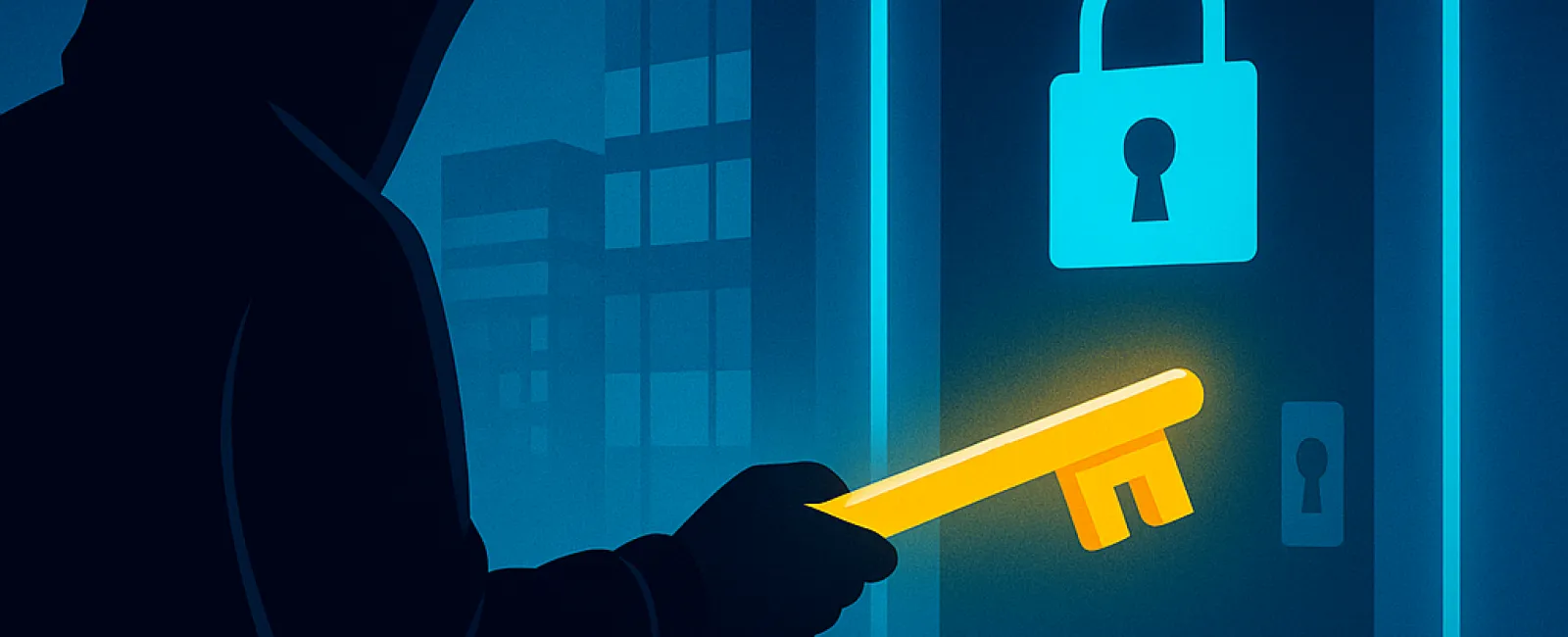August 04, 2025
Cybercriminals have shifted their tactics when targeting small businesses. Instead of forcefully breaking in, they now gain access quietly using stolen credentials—your login details.
This method, known as identity-based attacks, is rapidly becoming the leading cause of security breaches. Hackers steal passwords, deceive employees with phishing emails, or bombard users with login prompts until someone unwittingly grants access. Sadly, these strategies are proving highly effective.
According to recent cybersecurity reports, 67% of major security incidents in 2024 stem from compromised logins. Even large corporations like MGM and Caesars suffered these attacks the year prior—if they're vulnerable, so is your small business.
How Do Hackers Gain Entry?
While many breaches begin with a simple stolen password, hackers are employing increasingly sophisticated techniques:
· Phishing emails and counterfeit login pages trick employees into revealing their credentials.
· SIM swapping enables attackers to intercept two-factor authentication (2FA) codes sent via text.
· Multifactor authentication (MFA) fatigue attacks flood phones with approval requests until someone mistakenly authorizes access.
Attackers also exploit vulnerabilities in personal devices and third-party vendors like help desks or call centers to infiltrate your network.
Effective Strategies to Safeguard Your Business
The good news? Protecting your company doesn't require advanced technical skills. Implementing a few key measures can significantly strengthen your defenses:
1. Enable Multifactor Authentication (MFA)
Add an extra layer of security during login. Prioritize app-based or hardware security key MFA over text message codes for superior protection.
2. Educate Your Team
Empower employees to identify phishing attempts and suspicious activities. Regular training ensures your security is only as strong as your staff's awareness.
3. Restrict Access Privileges
Limit user permissions to essential resources only. If a hacker compromises an account, restricted access minimizes potential damage.
4. Adopt Strong Password Practices or Go Passwordless
Encourage the use of password managers or advanced authentication methods like biometrics and security keys that eliminate reliance on passwords.
In Summary
Hackers relentlessly pursue your login credentials using ever more inventive methods. Staying one step ahead doesn't mean you have to face this challenge alone.
We're here to help you implement robust security solutions that protect your business without complicating your team's workflow.
Ready to assess your business's vulnerability? Let's talk. Click here or give us a call at 408-335-0353 to book your Discovery Call.





